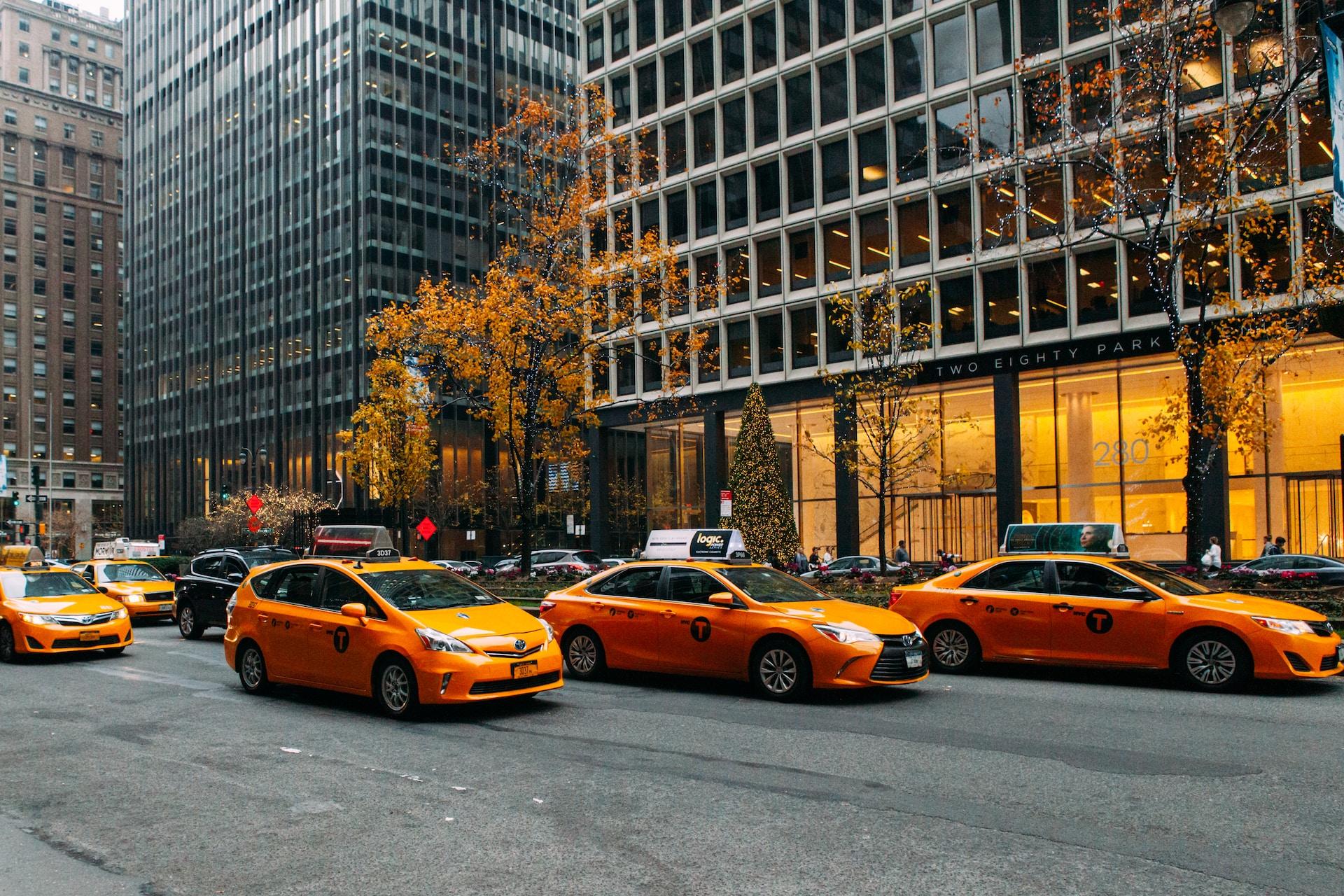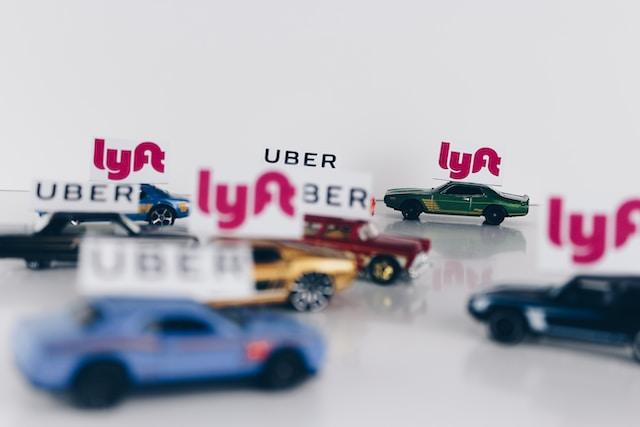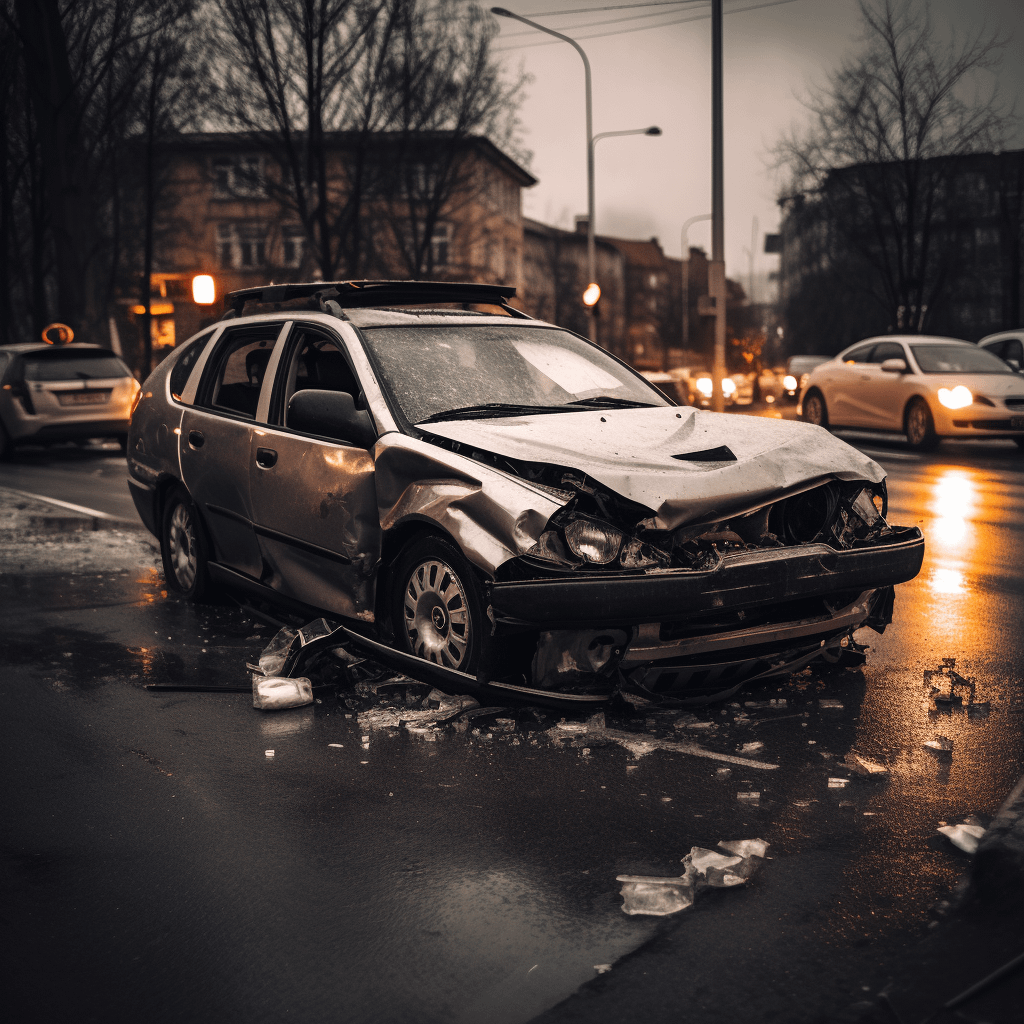Many Bostonians opt for rideshare services when it’s convenient or necessary. However, record-breaking traffic in the city and the reckless or careless driving habits of some rideshare drivers can increase the risk of an accident occurring.
If you were injured in a collision while using a rideshare service in the historic City of Boston, let us connect you with a Boston rideshare accident lawyer in our network to discuss your options and see how we can help. CarAccident.Law can get you in touch with the best local auto accident lawyers available for a consultation about the facts of your case.
Many Boston residents depend on rideshare services like taxis, Uber, and Lyft to travel safely home from a night out, for rides to and from Logan International Airport, and in other situations when it’s more convenient to call a car than drive oneself or take public transit. Rideshare options have been a safe and relatively affordable option in the City of Boston for years and are utilized most here in the city than in other areas of Massachusetts. However, accidents can happen, and when they do, they often take riders by surprise.
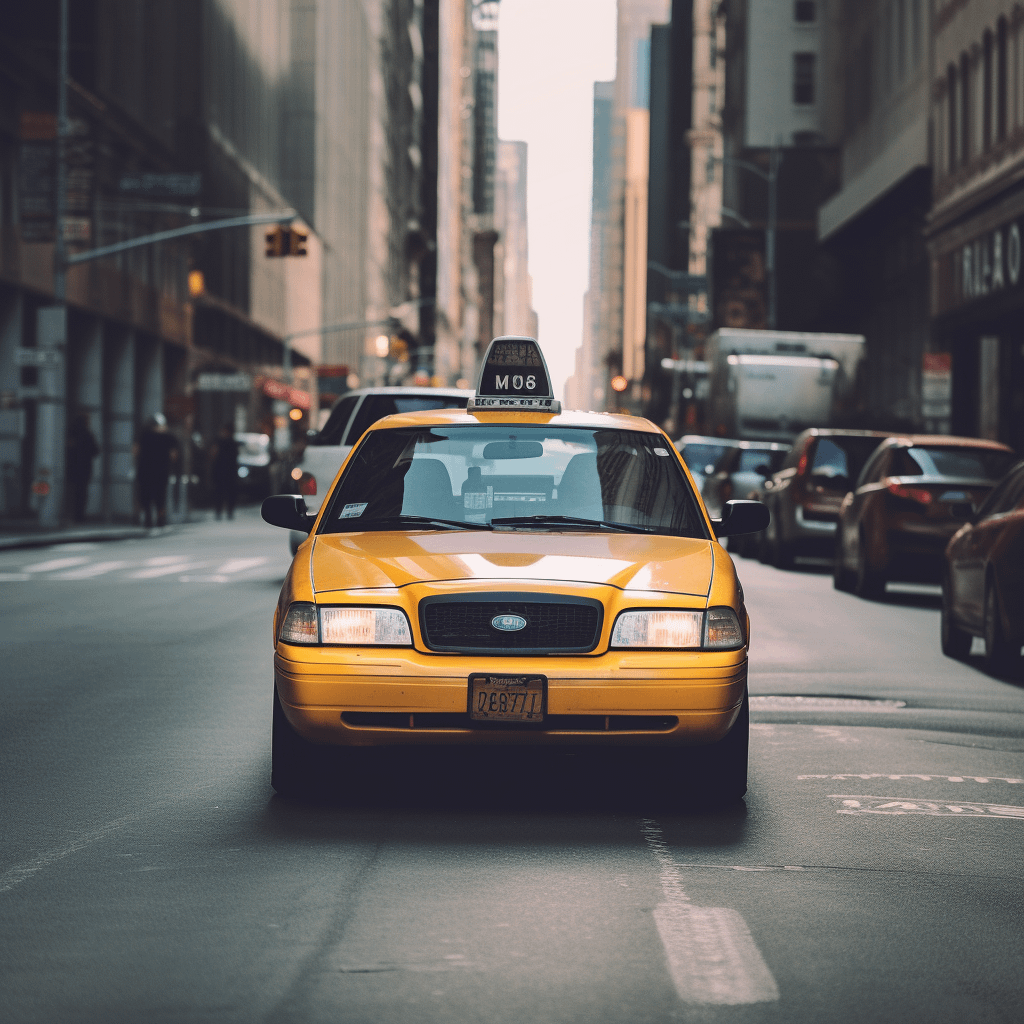
Uber and Lyft
Uber and Lyft dominate many of Boston’s blocks, greatly contributing to congestion and traffic in the city, but also helping residents get from point A to point B. According to the companies’ own data, Uber and Lyft drivers contributed to eight percent of Boston’s estimated total traffic in 2018. Boston rideshare drivers logged 23 to 25 million miles driving within the City of Boston in just September 2018 alone.
Rideshare trends were on the rise pre-pandemic, with city regulatory data revealing that Uber and Lyft picked up 45.3 million fares in Boston during 2019. For context, rideshare companies offered 91.1 million rides that same year statewide in Massachusetts, meaning that Boston rideshare users account for just under half of the State’s total rideshare traffic.
While the pandemic threw a wrench in rideshares nationwide, engagement with Uber and Lyft remained relatively steady in many areas of Boston, including the gateway suburbs. Some areas of Boston have seen a notably quick rebound from pandemic hesitancy in rideshare use. In 2021, there was a recovery of 12.5 percent more Massachusetts rideshare trips taken than in 2020, most of which were in the Boston area, especially around the Cape and Islands.
While there may be fewer passengers taking them in some areas, there are still plenty of Uber and Lyft vehicles on the streets of Boston. Many rideshare drivers have pivoted to accepting deliveries in addition to or instead of passengers. In Boston, the value of Uber’s bookings from deliveries have more than tripled, going from $4.4 billion in 2019 to $13.4 billion in 2021. This means that, in spite of some hesitation from passengers post-COVID, there are still scores of Lyft and Uber drivers on the crowded streets of Boston. The danger of being involved in a crash with a rideshare driver remains relatively high in the city and its surroundings.
Taxi Services in Boston
Taxi services are not dead in Boston. There are currently 1,825 registered taxi cabs in Boston, although only 1,080 were reported to be in use as of January 2023. However, only New York City, Chicago, Los Angeles, and Houston currently have a higher number of functional taxi cabs than Boston. Some local Boston taxi service workers saw opportunity in the faltering of Uber and Lyft during the pandemic.
“We’re not back to our pre-Uber and Lyft days,” Cheryl Horan, owner of the Green and Yellow Taxi Company in Somerville, told Boston Public Radio. “But we’re sustainable right now. And, actually, instead of losing money, we’re a little bit profitable, and we’re looking to expand on that and continue our success.”
Taxi services in Boston today tend to be small, individually owned business. With the help of the State of Massachusetts’ recent $1 million investment in taxi service subsidies via the Metropolitan Area Planning Council, many are hoping to see taxi services in Boston continue to make a comeback.
Rideshare services may have contributed to a recent three percent rise in fatal car accidents nationwide. Provincetown experienced a 114 percent increase in app-based ride-hailing trips from 2020 to 2021, up to 14,000 rides. Chatham also saw a 164 percent increase in rideshare usage data from 2020 to 2021, and Harwich experienced an 85 percent increase. Fall River saw 220,821 rides in 2021, and accounted for 93 percent of the company’s pre-pandemic ridership. Today, Brockton and Fall River see the majority of passenger rideshare trips.
On the narrow and congested streets of Boston, traffic can be even more hazardous than in other cities. Boston traffic has ranked as the second worst in the United States and fourth worst in the world, according to a recent study. Springfield, Worcester, and Boston are all ranked in the top 20 most dangerous cities for drivers, according to an analysis of traffic safety and insurance data.
About every four years, drivers in Boston report being involved in an accident. Car accidents don’t discriminate between rideshare workers and drivers in their own cars. Many car accidents injure passengers in rideshare services, as well as the drivers behind the wheel.
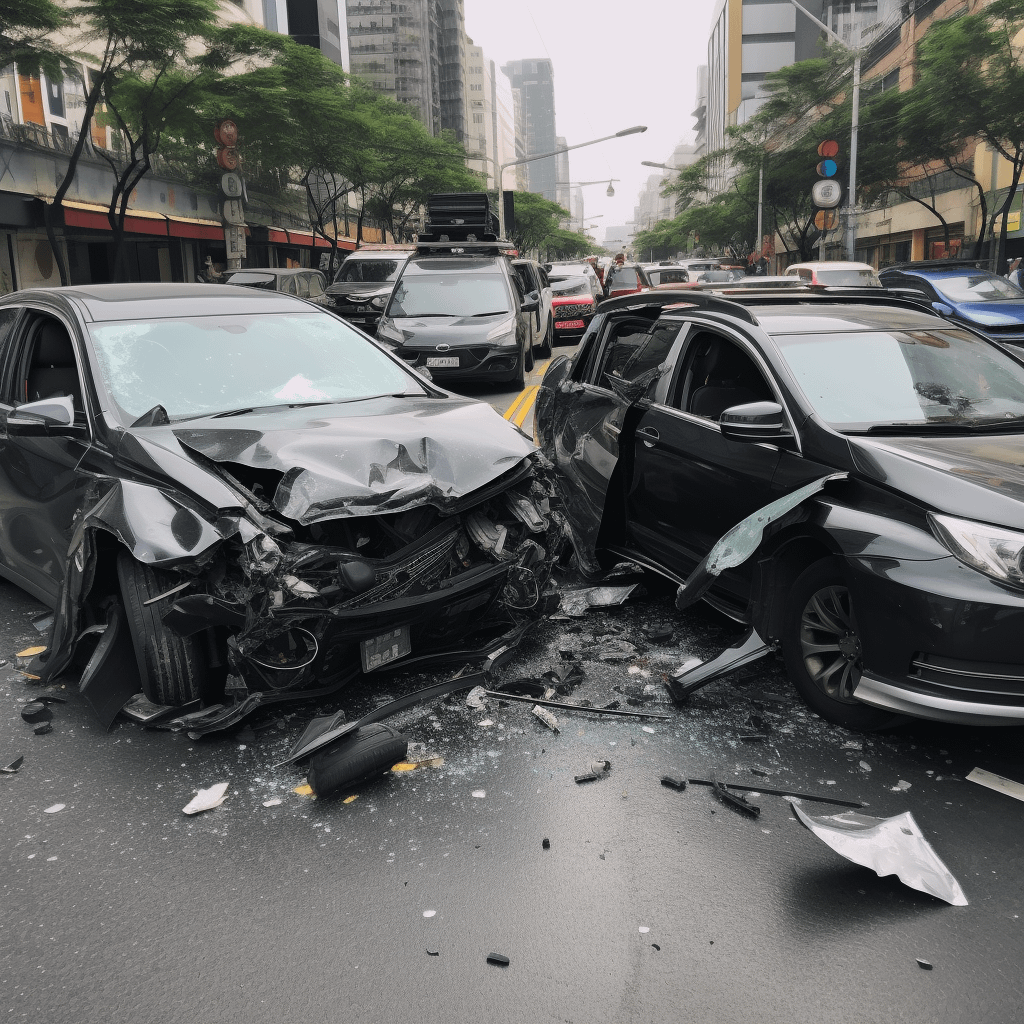
Boston Accidents Involving Uber and Lyft
According to the most recent state data, app-based rideshare companies like Uber and Lyft were involved in 2,267 crashes in Massachusetts in 2021. Nearly half of those reported rideshare crashes (1,098) occurred in Boston.
MassDOT data also shows that 3,879 total crashes took place inside the City of Boston in 2021. This means that Uber and Lyft drivers were involved in one out of every four reported crashes in the City of Boston in 2021.
Taxicab Accidents in Boston
Taxicab accidents in major cities have proven to be safer than expected. Taxi cab drivers have lower accident rates than other drivers, according to the New York Times. However, taxi safety is shown to correspond closely to driver experience and income. Less experienced drivers, and often those with lower reported incomes, have been involved in more taxicab accidents.
Additionally, taxi passengers suffer higher injury rates on average than regular passengers. The driver partition is thought to be a contributing factor. While the sheet of reinforced plastic protects drivers from harassment or attacks from their passengers, it can cause serious injury to the head, neck, and upper body when a taxicab stops suddenly, swerves, or strikes another vehicle or object.
Rideshare accidents cause real risk to Boston residents, whether they’re behind the wheel of their own car, walking or bicycling, or hailing a ride. The following are some of the most common causes of rideshare accidents in Boston:
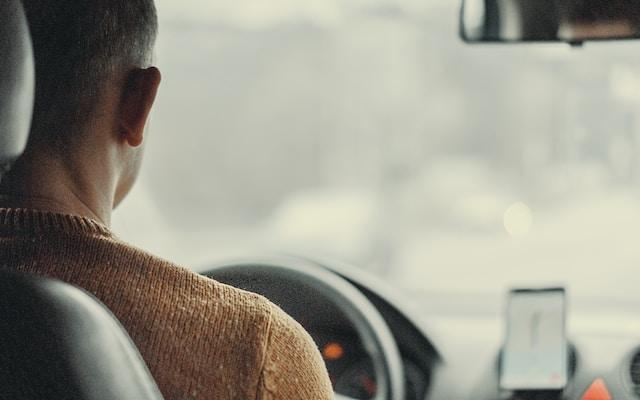
The use of navigation devices is strongly correlated to higher accident risk. For this reason, Boston rideshare drivers who may be operating in unknown areas, or paying close attention to handheld devices while scanning for the next ride, are at higher risk of causing accidents and injuries. As of February 2023, handheld devices are banned while driving in Massachusetts, unless they are set to hands-free mode.
Rideshare drivers and taxicab operators have a profit motive to finish passenger rides as quickly as possible in order to pick up more clients. Because of this, you may experience higher rates of aggressive driving in taxis, livery, and rideshares. Aggressive driving such as tailgating, speeding, and unsafe lane changes all can cause higher accident rates and lead to catastrophic injuries for passengers and drivers alike.
Poorly maintained Boston rideshare vehicles or taxi cabs can be the cause of breakdowns, crashes, and delays. While rideshare services maintain certain standards for vehicles enrolled in their fleets, not every car is fit for service. Standards also vary and may be poorly enforced. For instance, in Boston, Lyft vehicles must be from 2007 or newer, compared to all other cities that require 2008 or newer vehicles.
The City of Boston allows cab rentals for 24 hour periods, which some drivers call the “iron shift.” This kind of extended work window means that some taxi drivers may be exhausted behind the wheel, risking the safety of everyone on the road. According to the National Sleep Foundation, seven percent of taxi, limousine, and bus drivers report committing a serious error while driving due to fatigue. Around three percent of respondents admitted to being involved in an accident because of this.
Studies have shown a correlation between less experienced rideshare drivers and more accidents. Additionally, Uber and Lyft drivers who may be operating in areas unknown to them may be confused by Boston’s many intersections, highway entry and exit points, roundabouts, and more.
After a Boston rideshare accident, seek medical attention right away. You may need urgent care, or you may be able to walk away from the scene of the crash. In either case, be sure to get seen by a doctor in order to ensure that you did not sustain any invisible or lasting injuries such as whiplash, spinal cord injuries, head trauma, and more.
Make note of every detail that you can about the accident, and take down all of the information that you can from the driver and witnesses to the accident. Get in touch with a Boston rideshare accident attorney to discuss your options for filing an insurance claim, negotiating with insurers, as well as the possibility of a lawsuit for non-covered losses.
In June of 2020, the Massachusetts Supreme Judicial Court ruled that a ballot initiative proposed to shield Uber and Lyft drivers from liability in auto accidents was illegal. Currently, Uber and Lyft carry million-dollar auto insurance policies that can be used to reimburse customers for their injuries. However, there are certain exceptions that can make your situation better suited for a lawsuit, should either company refuse to pay.
If your insurance claim was denied after a Boston rideshare accident, or if you are worried you may facing a lowball settlement offer, contact an experienced Boston rideshare accident lawyer today with CarAccident.Law for a free consultation. You may be able to recover additional damages not included in the amount offered to you by the insurance company.
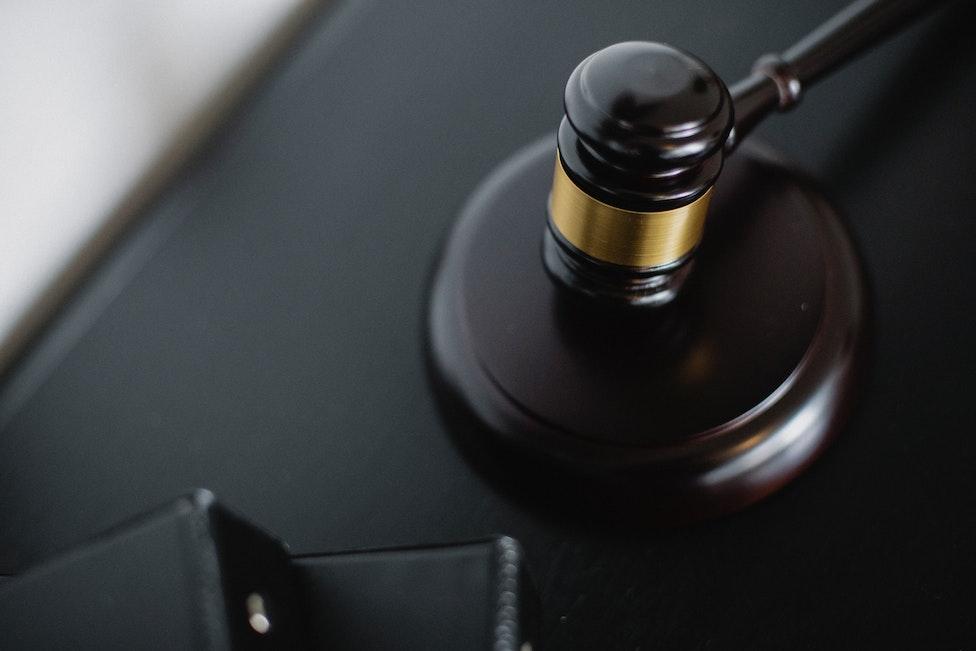
STEP-BY-STEP GUIDE TO FILING A CAR ACCIDENT LAWSUIT
This guide covers how to file a civil lawsuit after an auto collision. Ask a Boston lawyer about pursuing compensation after a rideshare accident.
You may be able to recover the following damages in a Boston rideshare accident lawsuit:
- Past and future medical bills, including rehabilitation costs, prescription drug costs, diagnostic imaging, and follow up care
- Lost wages
- Pain and suffering
- Emotional distress
- Disability
- Loss of employment opportunities due to injury
- Loss of consortium or enjoyment of life
- Wrongful death
- Punitive damages for “unsafe practices“
The statute of limitations for rideshare accident claims in Boston is three years from the date of injury. After that time has passed, you may not be able to file a civil lawsuit for compensation. However, it is important to note that crucial evidence may be lost or destroyed over time, and witnesses’ memories may fade, so it is imperative to start building your rideshare accident claim with the help of a Boston lawyer as soon as possible.
Photos, witness testimony, and a police report can all help strengthen a rideshare accident case in Boston. A local ridesharing accident lawyer might also enlist the testimony of medical and safety experts, as well as data from past accidents and similar lawsuits to support your right to compensation.
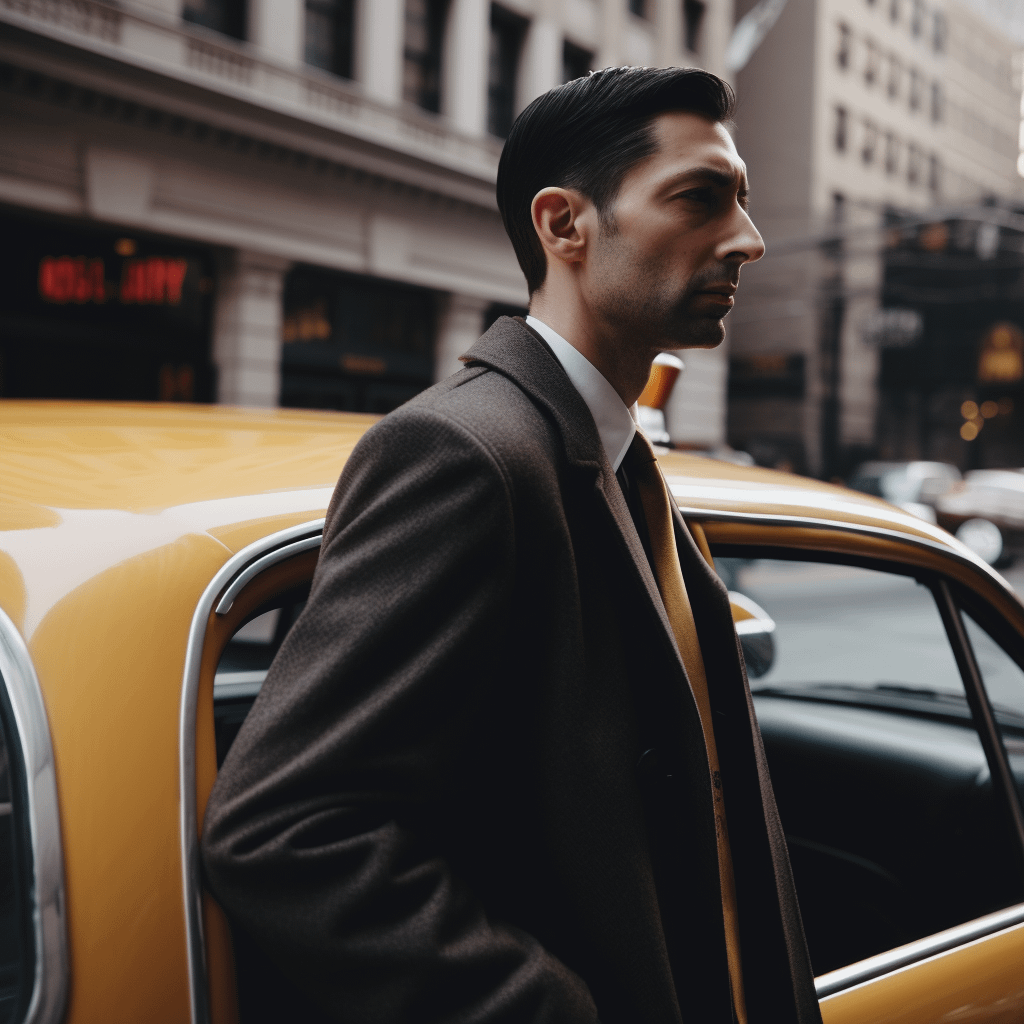
Claims against Uber and Lyft can be complicated legal affairs, involving commercial insurance, business liability, and claims of driver negligence. You need the best rideshare accident attorney by your side to stand up to a multi-million dollar company. A Boston rideshare collision attorney can assist with:
- Assembling evidence and building your case for reimbursement
- Communicating with experts, witnesses, and insurance on your behalf
- Reviewing all insurance policies involved, including your own insurance policy, any personal liability insurance the rideshare driver carries, and the corporate rideshare company’s insurance policy
- Properly calculating past and future losses and protecting you against low-ball settlement offers
- Creating a comprehensive demand package
- Representing you in court if necessary
If you were hurt in a rideshare or ride-hailing accident anywhere in Boston or its environs, the experts at CarAccident.Law are here to help. Our service connects you to the best rideshare accident lawyers ready to take your case. The experienced Boston rideshare accident lawyers in our network can negotiate with corporate rideshare insurers, assess the extent of possible damages, build a strong case for compensation, and represent you at trial if needed. For a complimentary consultation, contact CarAccident.Law today.

